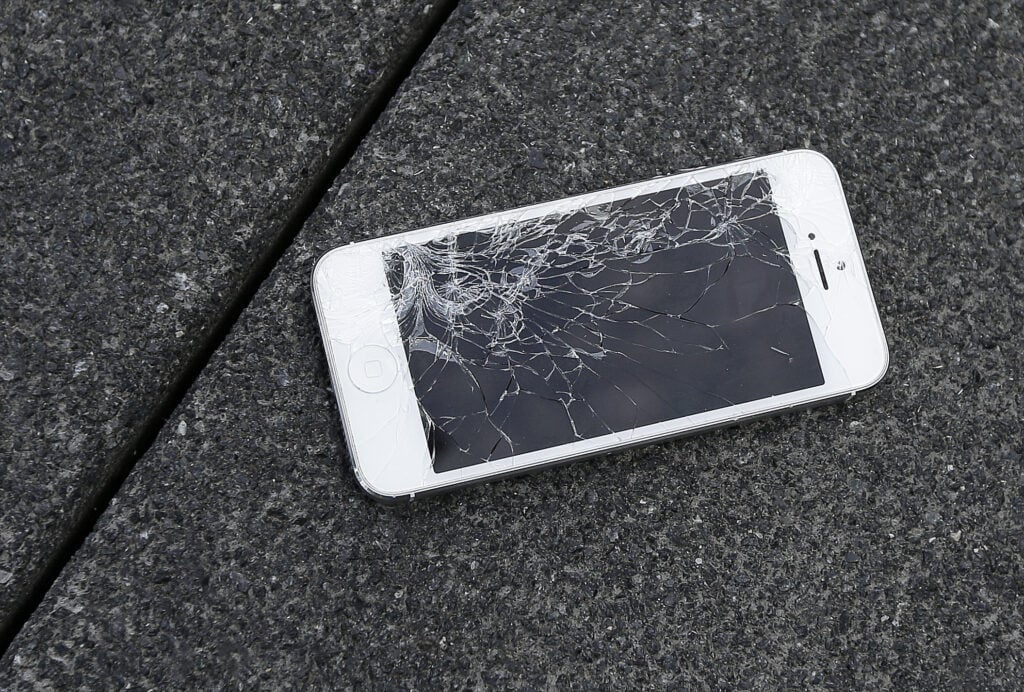Summary:
- Colorado’s new right-to-repair law allows residents to repair their cell phones, computers, and other devices.
- The law requires manufacturers like Samsung and Apple to provide documentation, software, and tools to device owners and independent repair shops at the same prices as authorized repair providers.
- The law prohibits manufacturers from restricting replacement parts and displaying misleading alerts about parts.
- The law passed on partisan lines, with Democrats in support and Republicans opposed, and will take effect on Jan. 1, 2026.
- Exemptions to the law include video game consoles, medical devices, electric car chargers, and more.
- Opponents of the law argue it could pose security risks and impact device reliability, while supporters believe it promotes consumer choice and reduces electronic waste.



About Samsung (from Techopedia):
About Apple (from The Register):